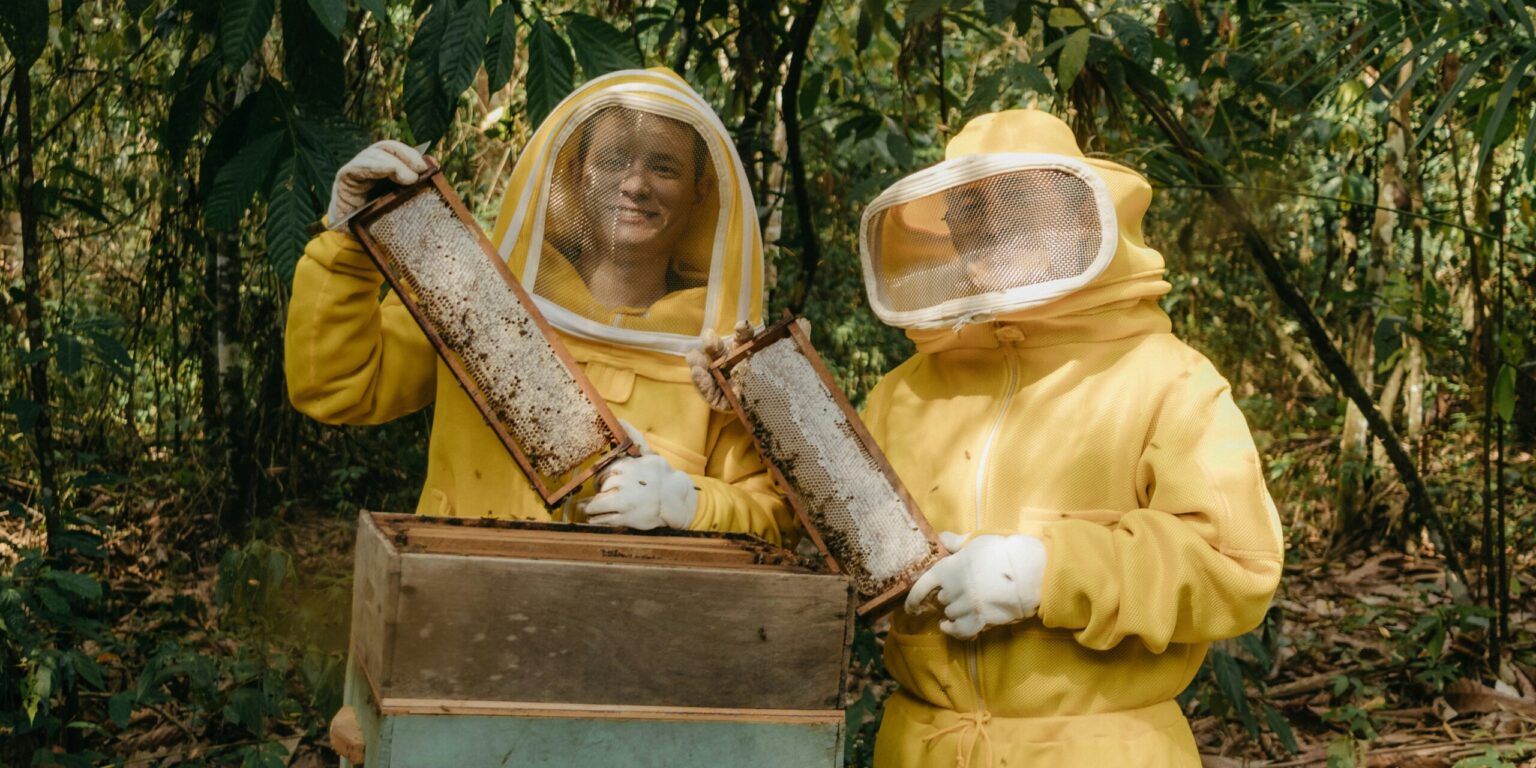On July 19, 2025, communities across the United States came together to celebrate National Urban Beekeeping Day, an annual event dedicated to recognizing the importance of pollinators and the role of beekeeping in city environments. Established by Detroit Hives in 2019, the observance has grown into a nationwide initiative that promotes ecological awareness, sustainable agriculture, and public engagement in biodiversity efforts. This year’s celebrations saw cities like New York, Chicago, and Portland host rooftop hive tours, honey extraction demonstrations, and educational workshops aimed at empowering urban residents to become active stewards of the environment.
In New York City, local beekeeping groups opened rooftop apiaries to the public, offering insight into the science and practice of managing hives above bustling city streets. Locations like Brooklyn Grange, one of the city’s largest rooftop farms, welcomed visitors to observe hive behavior and learn about the honey harvesting process. Experts highlighted the resilience of urban bees, noting that they often fare better than their rural counterparts due to access to diverse forage and lower pesticide exposure. City officials and apiculture educators also addressed safety practices, encouraging the public to report swarms and emphasizing responsible hive management.
Chicago joined the celebration with events hosted atop municipal buildings and within community gardens. Since the installation of rooftop hives on City Hall in 2003, the city has become a model for urban apiculture. Beekeeping veteran Michael S. Thompson led sessions on how to start and sustain a healthy hive in urban conditions, emphasizing the role of community co-ops and local honey production in supporting food justice initiatives. Portland’s urban gardeners, meanwhile, used the occasion to teach pollinator-friendly planting techniques and demonstrate bee-friendly habitat creation, including how to design low-maintenance gardens that support both honey bees and native species.
Across the country, National Urban Beekeeping Day was more than a celebration of honey production—it was a call to action. Organizers encouraged residents to get involved by planting pollinator-friendly flowers, supporting local honey producers, or volunteering with environmental nonprofits. The goal, advocates said, is not only to protect honey bees, but to create more livable, sustainable cities where biodiversity thrives. The event also raised awareness about the ecological risks of poor hive management, including the potential for overcrowding and competition with native pollinators, an issue that urban ecologists continue to study closely.
Despite these challenges, the day was widely viewed as a success. Public interest in urban beekeeping continues to grow, fueled by a broader movement toward local food systems, environmental resilience, and reconnection with nature. The blend of education, community participation, and environmental action captured the spirit of National Urban Beekeeping Day and showcased how even dense urban landscapes can serve as havens for pollinators. As urban centers face increasing climate pressures and habitat loss, events like these remind us of the small but impactful ways individuals and cities can promote ecological balance and sustainability.
